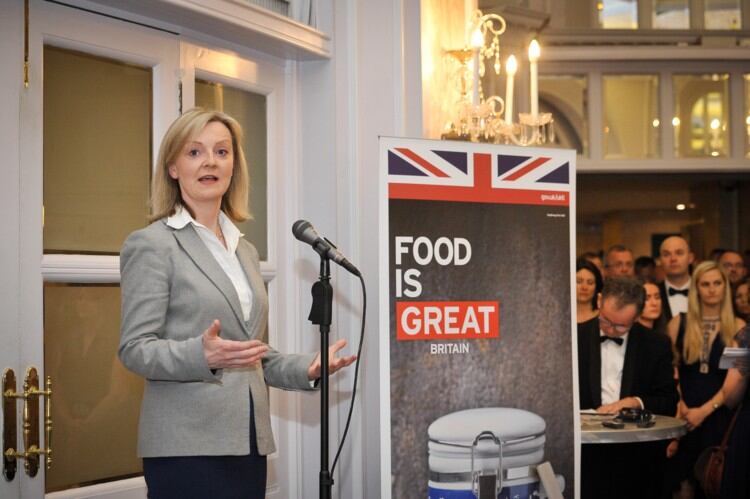The report, issued earlier this month, covers a raft of legislation to implement the UK’s departure from the EU. The legislation imposes key obligations for businesses that will be necessary in the event of Brexit.
The main obligations for food manufacturers are the need to submit import and export declarations and pay duty where relevant. However, there will also be a requirement to make safety and security declarations.
“This will have two primary impacts,” Clare Francis, head of Brexit advisory at international law firm Pinsent Masons, told Food Manufacture.
“Firstly, a potential cost impact – cost of the duty itself (which could be significant – e.g. tuna 24%, lamb – 12.8%), but also significant compliance costs in terms of the paperwork, administration and resource to undertake these tasks.
Delay impact
“There is also a delay impact – the additional checks and requirements, which will take time and, at key port locations, it is understood there is not sufficient resource, capability or space to undertake these promptly, meaning likely queues and delays at the border.”
Many food firms have set out plans from the original March/April deadline. However, it will now be critical to consider any changes to avoid seasonal impacts to many products on offer. This could lead to food safety concerns as uncertainty continues. As a result, Francis warned that communication along the supply chain would be vital going forward.
“For suppliers it is also key to bear in mind that, where customers are stockpiling, this may be impacting on the demand curve and, in some instances, is generating false seasonal demand,” she said.
“It may well mean a lull in orders post 1 November. We would recommend suppliers keep on updating dialogue with customers on requirements and, where possible, updated forecasting information.
“Finally, businesses should put in place mechanisms to spot early warning signs of supply chain failure, so that they can be proactive in monitoring and dealing with this – for example, if suppliers start to make late payments or have credit ratings downgraded so that the signs of this are picked up early and can be acted on.
“We often see the warning signs are missed until it is too late, which can have a very significant impact on supply chains and a business’ ability to service its customers.”
Stockpiling has been a common theme among manufacturers over the past few months. This has raised questions surrounding whether many firms will have the capabilities to carry this out, as well as potential safety problems.
Francis added: “There are storage issues already, in that there is a shortage of warehouse space and large proportions of any space have already been snapped up by businesses in their preparation planning.
“Stockpiling is heavily reported and will certainly help many businesses with short-term relief in the initial days of disruption. It’s not sustainable in the long run, but there is also a school of thought that the disruption will be more short term, given the likely pressures for this to be relieved in some way. Obviously, for fresh food manufacturers or food manufacturers with short shelf-life products.”




